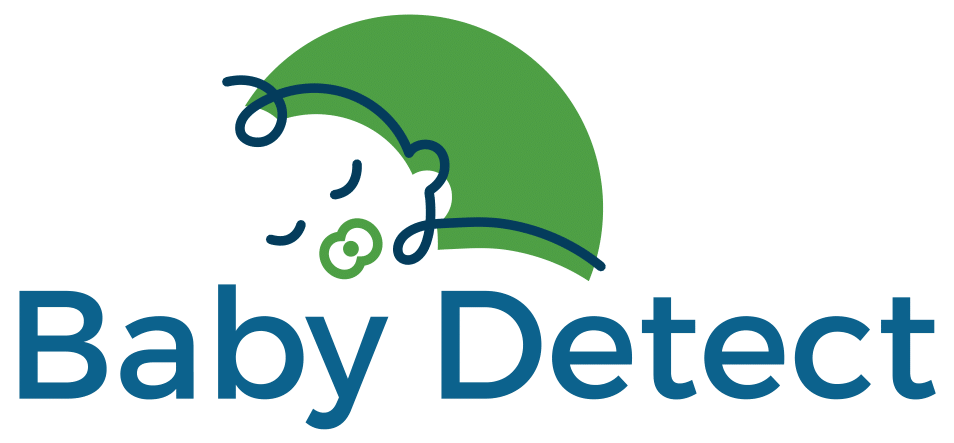SLC6A8, GAMT and GATM gene
Also known as: creatine deficiency syndromes, CCDS
Include: creatine deficiency syndrome x-linked or creatine transporter defect
OMIM#300352 https://omim.org/entry/300352
Guanidinoacetate methyltransferase deficiency (GAMT deficiency)
OMIM#612736 https://omim.org/entry/612736
Arginine:Glycine amidinotransferase deficiency (AGAT or GATM deficiency)
OMIM#612718 https://omim.org/entry/612718
1. The disease:
The cerebral creatine deficiency syndromes (CCDS), inborn errors of creatine metabolism, include the two creatine biosynthesis disorders, guanidinoacetate methyltransferase (GAMT) deficiency and L-arginine:glycine amidinotransferase (AGAT) deficiency, and the creatine transporter (CRTR) deficiency.
2. The symptoms:
Intellectual disability and seizures are common to all three CCDS.
Lack of early signs or symptoms does not exclude the diagnosis.
Cerebral creatine deficiency syndrome 1: The phenotype of CRTR deficiency in affected males ranges from mild intellectual disability and speech delay to severe intellectual disability, seizures, movement disorder, and behavior disorder; age at diagnosis ranges from two to 66 years. Clinical phenotype of females heterozygous for CRTR deficiency ranges from asymptomatic to severe phenotype resembling male phenotype.
Cerebral creatine deficiency syndrome 2: The majority of individuals with GAMT deficiency have a behavior disorder, which can include autistic behaviors and self-mutilation; about 40% have a disorder of movement. Onset is between ages three months and three years.
Cerebral creatine deficiency syndrome 3: A few patients with AGAT deficiency have been reported.
3. Actions to take in case of early diagnosis
- Infants with a positive genetic test (having 2 pathogenic variants or 2 copies of a single pathogenic variant in the SLC22A5 gene) should continue breastfeeding and AVOID FASTING. Early treatment is crucial in preventing chronic symptoms.
- Biochemical correlation is essential for confirming diagnosis with very low plasma free and total carnitine concentrations. Biochemical NBS with tandem mass spectrometry can also help. CDSP is a lifelong disease that requires lifetime management and regular follow-up with a metabolic physician and a multidisciplinary approach to care.
- Strict avoidance of fasting along with carnitine therapy is the standard treatment.
- Oral levocarnitine (L-carnitine) supplementation of 100-400 mg/kg/day in three divided doses is usually required. Oral carnitine treatment is required for lifelong treatment of the disease. The prognosis is extremely good as long as oral carnitine supplementation is maintained.
- Genetic counseling is highly recommended for family planning and evaluation of at-risk family members such as siblings.
4. For more information
Publi :
- Mercimek-Andrews S, Salomons GS. Creatine Deficiency Disorders. In: Adam MP, Everman DB, Mirzaa GM, et al., eds. GeneReviews(®). Seattle (WA): University of Washington, Seattle. (https://www.ncbi.nlm.nih.gov/books/NBK3794/)
- Dunbar M, Jaggumantri S, Sargent M, Stockler-Ipsiroglu S, van Karnebeek CD. Treatment of X-linked creatine transporter (SLC6A8) deficiency: systematic review of the literature and three new cases. Mol Genet Metab 2014;112:259-74.
